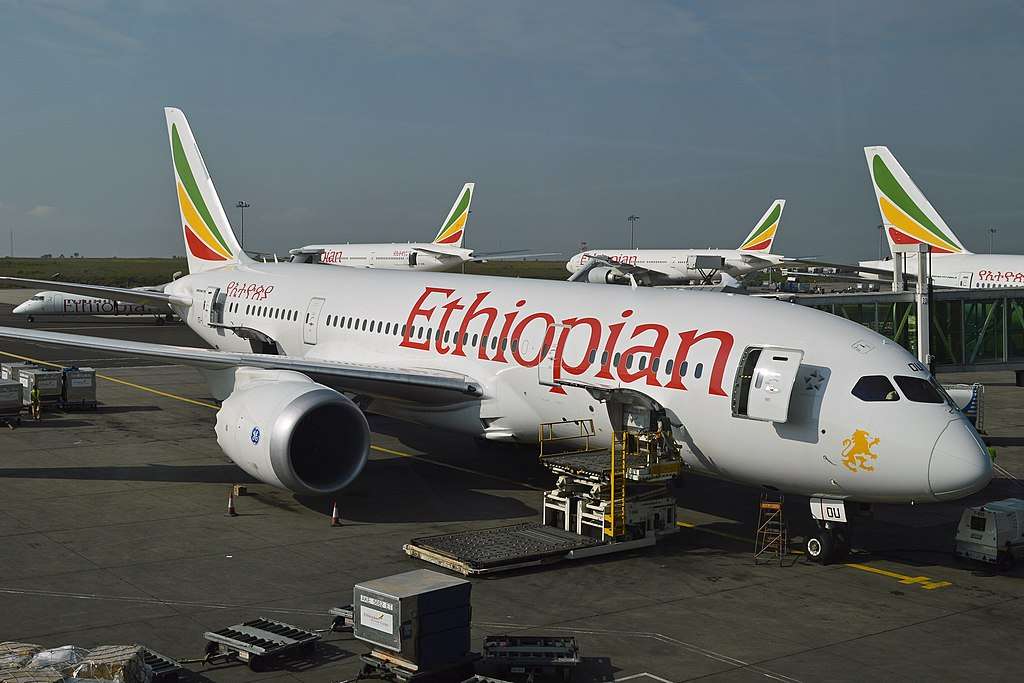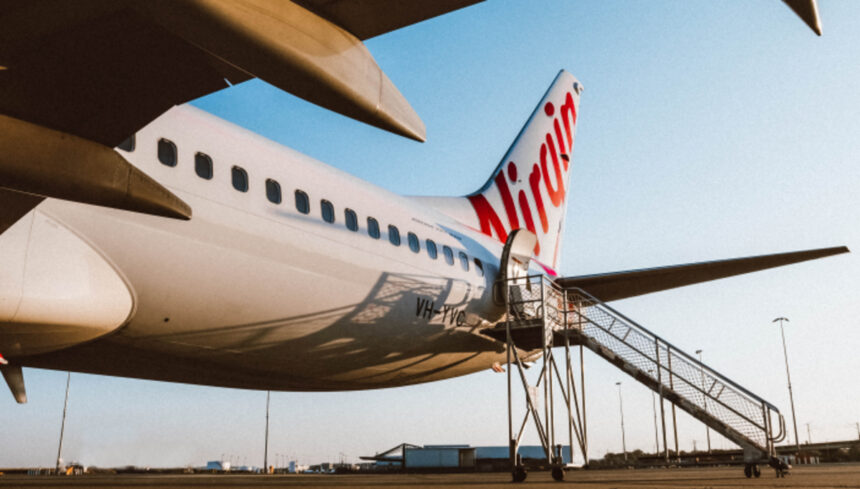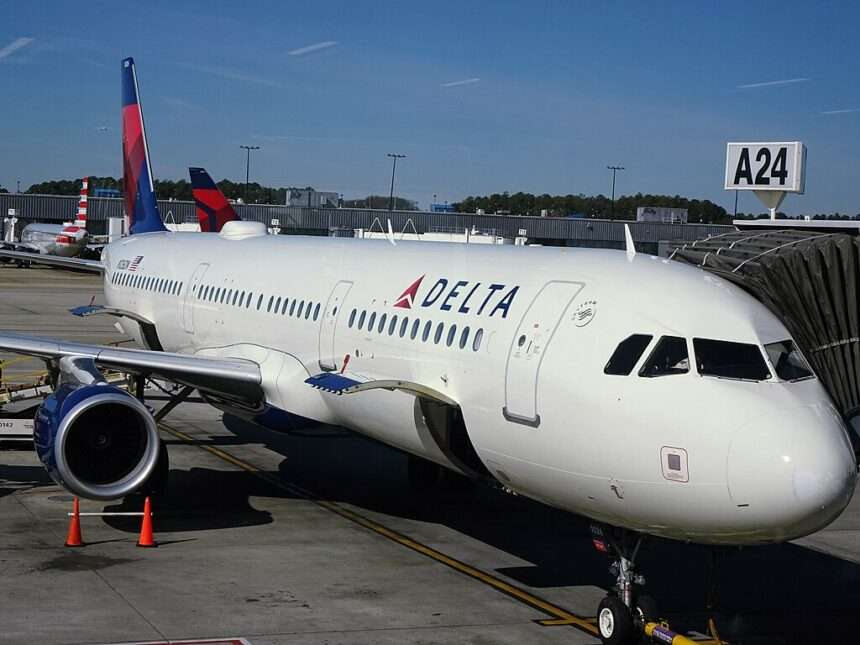In a bid to maintain uninterrupted air connectivity, the International Air Transport Association (IATA) has called upon the government of Ethiopia to promptly clear the $95 million in airline funds currently blocked from repatriation.
It is crucial for all parties involved to abide by international agreements that guarantee the repatriation of revenues, thus ensuring the seamless functioning of global air travel.
Ethiopia recovering strongly
Ethiopia has been witnessing a strong recovery from the impact of the COVID-19 crisis. The first-quarter data of 2023 reveals that passenger traffic originating from Ethiopia has already surpassed pre-crisis levels by 19%.
This growth rate is considerably higher than Africa’s overall passenger demand, which stood at 8.7% above pre-crisis levels during the same period.
According to IATA’s Connectivity Index, Ethiopia’s regional connectivity within Africa has reached an impressive 113% of pre-crisis levels. This benchmark signifies the country’s commitment to enhancing air travel and fostering robust connections with other African nations.
Willie Walsh, Director General of IATA, emphasizes the urgent need for the Ethiopian government and Central Bank to allocate sufficient funds to the aviation industry.
The current low allocation has resulted in $95 million in airline funds being blocked within the country, which sends unfavorable signals and puts at risk the economic and social benefits associated with Ethiopia’s global aviation hub.
[monsterinsights_popular_posts_inline]
To maintain its growth trajectory, Ethiopia must adhere to global rules that it has previously benefited from. Collaboration between the government and the industry is vital in swiftly resolving this situation.
In line with the IATA’s concerns, Mr. Mesfin Tasew, CEO of Ethiopian Airlines Group, highlights the airline’s exceptional performance and robust recovery from the pandemic’s aftermath.
It is projected that Ethiopian Airlines will generate USD 6.1 billion by the end of the fiscal year, indicating a remarkable 20% growth compared to the previous year’s performance.
Furthermore, the airline expects to transport 13.7 million passengers during the same period, reflecting a substantial 55% increase compared to last year.
Despite these achievements, Ethiopian Airlines faces challenges in repatriating its accumulated funds from various countries, with over USD 180 million currently stranded. The transfer of funds remains a critical challenge for airlines globally.
In addition to resolving the repatriation issue, there are several key priorities that need to be addressed to support and strengthen the aviation sector in Ethiopia:
Implementing the Single African Air Transport Market
The implementation of the Single African Air Transport Market (SAATM) is vital for unlocking travel within the African continent. While twenty-three countries have signed the Memorandum of Implementation for SAATM, none have ratified it thus far.
Full implementation of SAATM across the continent has the potential to generate significant economic benefits. In Ethiopia alone, it could create 21,000 new jobs and contribute $81.8 million to the GDP.
Fostering the Growth of the SAF Industry
Sustainable Aviation Fuel (SAF) plays a critical role in reducing the aviation industry’s carbon footprint, aligning with the industry’s commitment to achieving net-zero carbon emissions by 2050.
The Ethiopian government is encouraged to explore the development and incentivization of SAF production to help meet this goal.
Ethiopia possesses unique feedstocks, vast land areas, and significant solar potential, making it capable of becoming one of the largest SAF producers. Opportunities exist for both biomass feedstocks and renewable non-biomass feedstocks, such as solar and wind power-to-liquid (PtL) solutions.
Summary
Willie Walsh further emphasizes that Ethiopia’s aviation industry is projected to triple by 2040, with an average annual growth rate of 6% in passenger traffic over the next 17 years.
By following international agreements, Ethiopia can sustain its impressive recovery from the COVID-19 crisis and maintain its position as a growing aviation hub.
Moreover, implementing SAATM and fostering the growth of a sustainable aviation fuel industry will further strengthen Ethiopia’s aviation sector, generating economic benefits, creating jobs, and contributing to a sustainable future for the country’s air travel.









